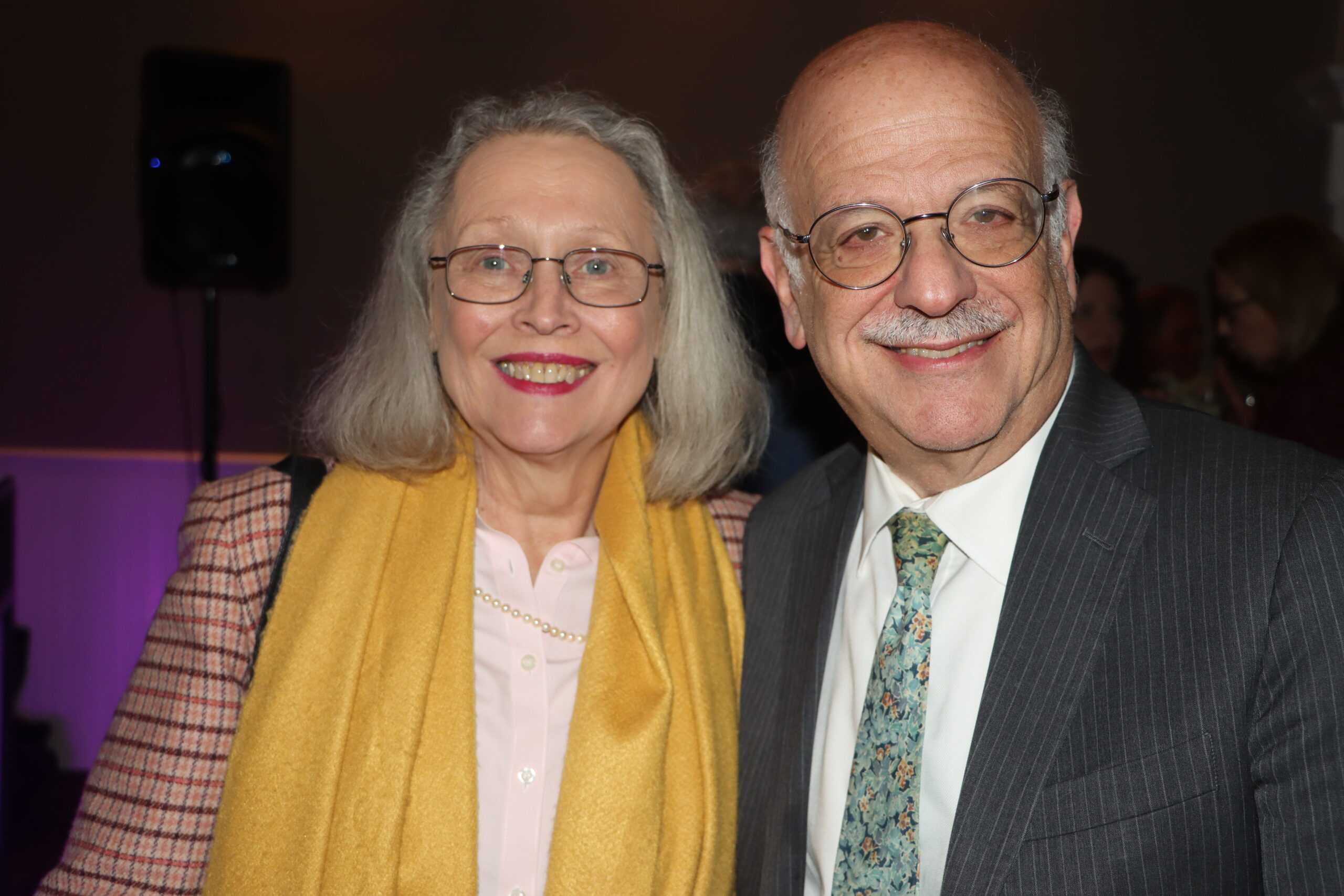Brooklyn judge rules that marriage is valid in spite of religious annulment

On March 20, the Kings County Supreme Court, with Justice Jeffrey Sunshine presiding, issued a decision in a case involving a couple who got a religious marriage and annulment without ever getting a traditional marriage license.
The husband, the defendant who was identified as R.I. in the case, had the marriage annulled years after the wedding, claiming that T.I., the plaintiff and wife, had hidden her mental health history from him and questioned the legitimacy of the officiant at their wedding.
This legal maneuver by R.I. centered on two primary allegations. Firstly, he asserted that his wife had concealed her mental health history from him prior to their marriage. This claim of concealment was crucial to R.I.’s argument, as he suggested that had he been aware of T.I.’s mental health issues, he might not have entered into the marriage. Essentially, R.I. argued that this alleged nondisclosure of vital personal health information invalidated the couple’s mutual consent to marry, which is a foundational requirement for any marriage under New York law.